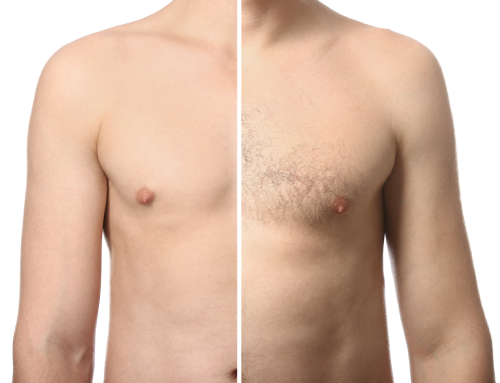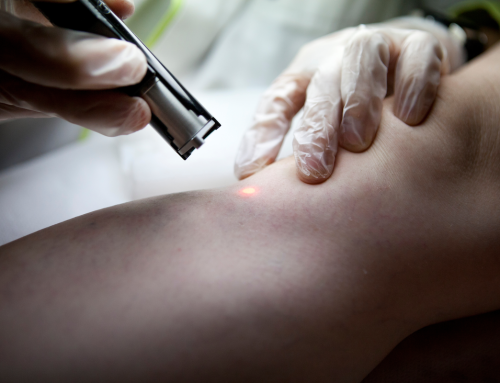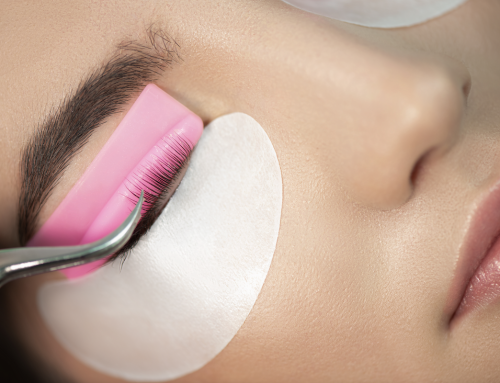How Long Do Dermal Fillers Last?
Dermal fillers are a popular cosmetic treatment that can help to reduce the appearance of wrinkles and fine lines. They are typically made from hyaluronic acid, a substance that is naturally found in the skin and can last for several months.
So, how long do dermal fillers last? Results vary depending on the type of filler used and the area treated. However, most dermal fillers will last for around 12 -18 months before needing to be replaced. If you’re considering getting dermal fillers, it’s important to understand how they work and how long their results will last. This will help you make an informed decision about whether this treatment is right for you.
How Dermal Fillers Work to Reduce Wrinkles and Fine Lines
Dermal fillers are injected beneath the skin, filling in the spaces that have been created by wrinkles and fine lines. The result is a smoother, more youthful appearance. In addition to reducing the appearance of wrinkles and fine lines, dermal fillers can also be used to plump up the lips, add volume to the cheeks, and improve the appearance of other facial features. Recovery from dermal filler injections is typically minimal, with most people only experiencing temporary swelling and bruising at the injection site. However, it is important to follow your doctor’s instructions after treatment to ensure optimal results.
Different Types of Dermal Fillers Available
Dermal fillers are a popular aesthetic treatment that can be used to address a variety of concerns, from wrinkles and fine lines to volume loss. There are a variety of dermal fillers available on the market, each with its own unique properties. For instance, some dermal fillers are made from hyaluronic acid, which is a naturally-occurring substance that helps to keep the skin hydrated. Other dermal fillers contain synthetic materials, such as polylactic acid or calcium hydroxylapatite. Each type of dermal filler has its own advantages and disadvantages, so it’s important to consult with a qualified aesthetician or dermatologist to determine which dermal filler is right for you.
Which Dermal Filler is Right for You?
There are a variety of dermal fillers available, each with its own unique benefits. For instance, some dermal fillers are designed to add volume to the lips, while others are meant to smooth out wrinkles. As a result, it’s important to consult with a dermatologist or other medical professional to determine which dermal filler is right for you. They will be able to assess your individual needs and recommend a dermal filler that can help you achieve your desired results. In addition, they can provide you with information about the potential risks and side effects associated with each type of dermal filler. With their help, you can choose a dermal filler that’s right for you and help ensure that you have a positive experience with the treatment.
Dermal Fillers: How Long Do They Last?
There are many different types of dermal fillers, and each one lasts for a different amount of time. The most common types of dermal fillers are made from hyaluronic acid, a substance that is found naturally in the body. These fillers are typically broken down by the body over the course of six to twelve months. Other types of dermal fillers, such as those made from collagen or fat, can last for much longer, sometimes up to five years.
The length of time that dermal fillers last also depends on the area that is treated and the individual’s lifestyle. Those who smoke or spend a lot of time in the sun may find that their results do not last as long as those who avoid these habits. Dermal fillers are not permanent, but they can provide long-lasting results with proper care.
How to Prepare for Your Dermal Filler Treatment
If you’re considering dermal filler treatment, there are a few things you can do to prepare for your appointment. First, it’s important to choose a reputable provider who has experience performing dermal filler injections. You should also make sure to clean your skin thoroughly before your appointment, as this will help to reduce the risk of infection. Additionally, it’s important to avoid drinking alcohol and taking aspirin or other blood-thinning medications prior to your dermal filler treatment, as this can increase the risk of bruising. Following these simple tips will help you to ensure that you have a safe and successful dermal filler treatment.
Aftercare for Dermal Filler Treatments
After receiving dermal fillers, it is important to follow the aftercare instructions provided by your doctor. These may include avoiding vigorous activity, sleeping with your head elevated, and applying ice to the treated area. It is also important to avoid exposure to sun or heat for 24 hours after treatment. If you have any concerns or experience any adverse reactions, be sure to contact your doctor right away.
Dermal fillers can provide a wide range of benefits, from adding volume to the lips to smoothing out wrinkles. With so many different types of dermal fillers available, it’s important to consult with a qualified aesthetician or dermatologist to determine which dermal filler is right for you. In addition, they can provide you with information about the potential risks and side effects associated with each type of dermal filler. With their help, you can choose a dermal filler that’s right for you and help ensure that you have a positive experience with the treatment.













